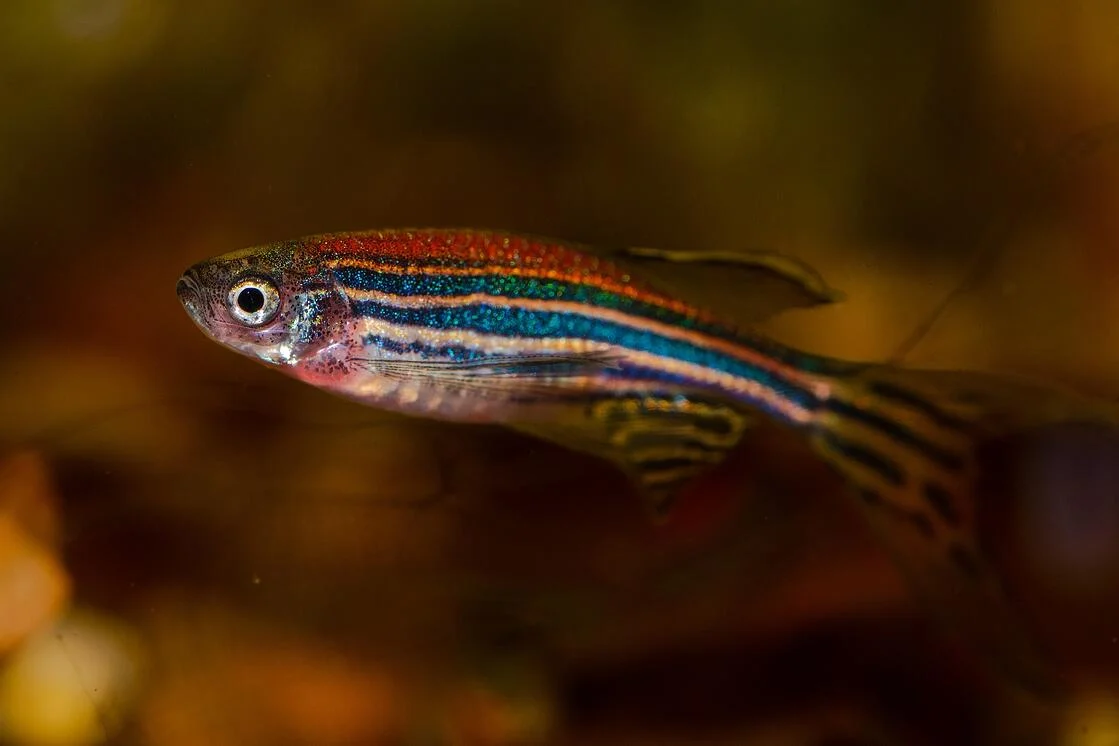Psychedelic therapy is emerging as an effective treatment for a variety of mental health concerns, such as major depressive disorder, postpartum depression and PTSD.
On the Huberman Lab podcast, Dr. Nolan Williams, a triple board-certified psychiatrist, neurologist, and professor of psychiatry and behavioral sciences at Stanford School of Medicine discussed the clinical applications for brain stimulation, behavioral protocols, and novel drug treatments to halt and reverse mental health disorders, including depression and post-traumatic stress disorder (PTSD). During the conversation, Dr. Williams did a deep dive into the history, biology, modern use, and safety margins of various psychedelics, including MDMA, LSD, ketamine, ibogaine, ayahuasca, and psilocybin, as well as the use of SSRIs in both adults and children. You can listen to the podcast here: https://hubermanlab.com/dr-nolan-williams-psychedelics-and-neurostimulation-for-brain-rewiring/
Can psychedelics effectively treat postpartum depression? Writer and researcher Ruby Deevoy attempts to answer that question here: https://psychedelicspotlight.com/treating-postpartum-depression-with-psychedelics/
Psychedelic therapy shows promise for major depressive disorder (especially when treatment-resistant) as well as life-threatening illness distress. In a new systematic review and meta-analysis, researchers examined recent clinical research on the therapeutic effects of classic psychedelics on depressive symptoms. Here’s what they found: https://bit.ly/3IV76Cb
Did you know scientists are using zebrafish to study the effects of ayahuasca on humans?
Brazilian scientists have been dosing zebrafish with ayahuasca to help study its therapeutic potential. So far, it appears that low doses reduce anxiety-like behavior in the fish, whereas high doses seem to increase it. Further studies will look into the effects of chronic use and, using zebrafish embryos, whether it is safe to take ayahuasca during pregnancy. Researchers caution, however, that there are limits to their findings, given that “fish do not have any spiritual experiences.”
You can read more about the studies here.
